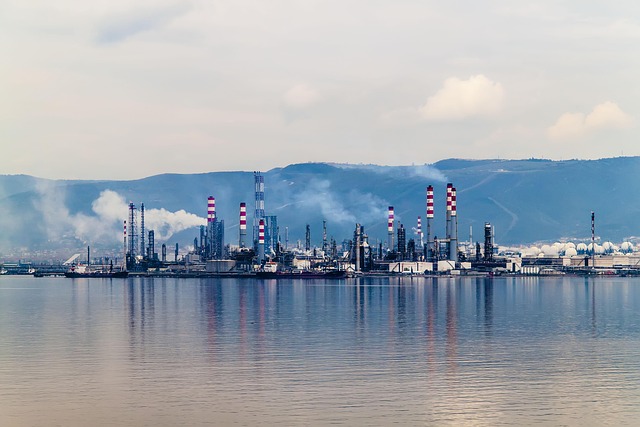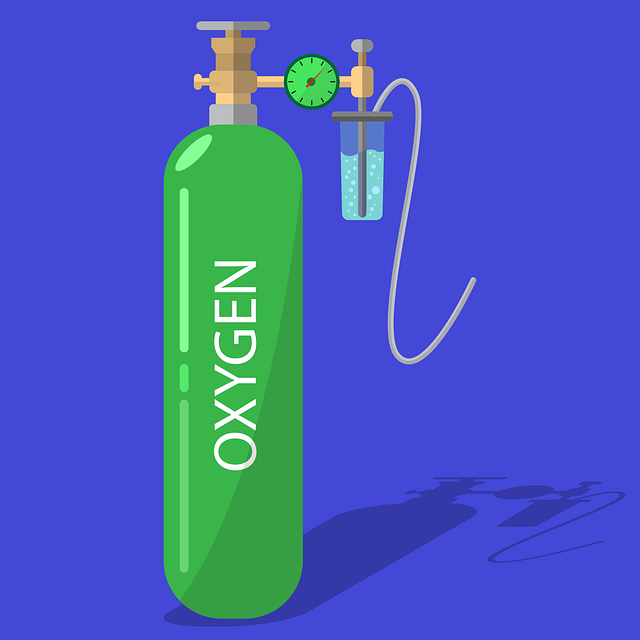Gas safety certificates are essential for residential and commercial settings using natural gas, ensuring systems meet legal standards and preventing accidents like leaks, explosions, or carbon monoxide poisoning. Regular inspections, maintenance, and employee training are critical. Businesses can prioritize gas safety affordably by scheduling regular checks, maintaining equipment, and utilizing online resources. A gas safety certificate assesses the entire system, identifying risks and promoting long-term cost savings and safety.
In today’s world, ensuring gas safety is not just a recommendation but a necessity. This comprehensive guide explores cost-effective solutions for both homeowners and commercial spaces, addressing common gas safety concerns. We delve into budget-friendly strategies for compliance, emphasizing regular maintenance as a preventive measure. Additionally, expert advice highlights how to maximize safety even on limited budgets, ensuring everyone can benefit from reliable gas safety certificates.
- Understanding Common Gas Safety Concerns
- Cost-Effective Solutions for Homeowners
- Commercial Spaces: Budget-Friendly Compliance Strategies
- Regular Maintenance: Preventive Measures for Longevity
- Expert Advice: Maximizing Safety on a Limited Budget
Understanding Common Gas Safety Concerns

Gas safety is a critical concern in any environment where natural gas is used, be it residential, commercial, or industrial. Common issues include faulty pipes, outdated appliances, incorrect installation, and improper usage, all of which can lead to leaks, explosions, or carbon monoxide poisoning. Regular inspections are paramount to identifying these problems early on. One essential tool for ensuring gas safety is the gas safety certificate, a legal requirement in many regions. This document confirms that your gas installations meet specific safety standards, reducing the risk of accidents and providing peace of mind.
Understanding the difference between a gas safety certificate and a boiler service is crucial. While both are vital for maintaining safe gas systems, they serve distinct purposes. A gas safety certificate assesses the entire gas system for any hazards or defects, while a boiler service focuses on the specific maintenance and functionality of your boiler. For businesses like restaurants, adhering to stringent gas safety standards is not just cost-effective but also ensures compliance with legal requirements and mitigates potential health risks to customers and staff. Gas safety advice from experts recommends regular checks and prompt action on any identified issues to create a safer environment for all.
Cost-Effective Solutions for Homeowners

Homeowners on a budget can still prioritize gas safety with several cost-effective solutions. One key step is to obtain and regularly renew a gas safety certificate, which ensures that your gas appliances are safe for use. This essential document is required by law and can be obtained from qualified engineers who conduct thorough inspections of your gas systems. Regularly scheduled gas safety inspections not only provide peace of mind but also help identify potential issues early on, preventing costly repairs or worse.
Additionally, homeowners can save money by being proactive in maintaining their gas appliances. Simple troubleshooting techniques for common problems can extend the life of these devices and avoid unnecessary replacements. Staying informed about local gas safety certificate requirements and industry standards will empower you to make smart decisions regarding your home’s gas systems, ensuring both safety and cost savings.
Commercial Spaces: Budget-Friendly Compliance Strategies

In commercial spaces like restaurants and retail stores, budget-friendly gas safety compliance strategies are essential without compromising on safety standards. A key step is to implement regular gas safety inspections and maintenance routines. This includes checking gas lines, appliances, and any potential leaks, ensuring all equipment is serviced professionally and according to current regulations. Online platforms offer accessible and cost-effective solutions for training staff in gas safety practices with online gas safety courses. These tools equip employees with the knowledge to recognize risks and respond appropriately during inspections or emergencies.
Additionally, establishing a system for tracking gas safety certificates and their expiration dates is vital. Many jurisdictions require regular renewals, so efficient record-keeping can prevent costly fines due to non-compliance. By adhering to these practices, commercial spaces can maintain safe environments while respecting budget constraints, ensuring peace of mind for both staff and customers alike and avoiding potential hazards associated with gas usage.
Regular Maintenance: Preventive Measures for Longevity

Regular maintenance is a cornerstone of effective gas safety management. By scheduling routine inspections and servicing, homeowners and business owners can prevent potential hazards and extend the lifespan of their gas systems. A well-maintained gas boiler, for instance, not only reduces the risk of leaks but also ensures optimal energy efficiency, thereby lowering operational costs. Preventive measures such as these are key to avoiding costly repairs and replacing entire systems prematurely.
One crucial aspect of regular maintenance is ensuring that all components, from regulators to pressure relief valves, function correctly. Additionally, providing gas safety training for employees can significantly enhance awareness and promote safe practices around gas equipment. These steps, combined with solutions for gas safety certification, contribute to a safer environment and help businesses maintain compliance with relevant regulations, ultimately saving money in the long run.
Expert Advice: Maximizing Safety on a Limited Budget

In today’s economic climate, many businesses and homeowners are looking for cost-effective solutions to maintain essential safety standards, particularly when it comes to gas systems. Expert advice suggests that prioritizing gas safety doesn’t have to break the bank. By understanding demographic factors in gas safety certification, you can tailor your approach to fit your budget while ensuring maximum protection. For instance, regular maintenance and timely repairs are crucial, but they don’t always require a significant financial investment. Many affordable gas safety certificate options are available, offering peace of mind without draining your resources.
A key distinction to note is the difference between a gas safety certificate and a BOILER service. While a BOILER service focuses on the maintenance and repair of specific appliances, a gas safety certificate ensures that all aspects of your gas system comply with regulations. This comprehensive certification process is essential for identifying potential risks and hazards, especially in older properties or those with complex gas installations. By choosing affordable options that align with your demographic needs, you can effectively manage gas safety without compromising on quality or accessibility.
Gas safety is essential, yet maintaining it doesn’t have to break the bank. By understanding common concerns and implementing cost-effective solutions like regular maintenance and budget-friendly strategies for both homes and commercial spaces, you can ensure compliance without overextending your resources. Remember, a well-maintained gas system is key to preventing hazards and securing a safe living or working environment. Don’t overlook the value of expert advice tailored to your specific circumstances; it might just be the game-changer that enhances your gas safety on a limited budget. Ensure peace of mind by taking proactive steps today – your safety is within reach!
